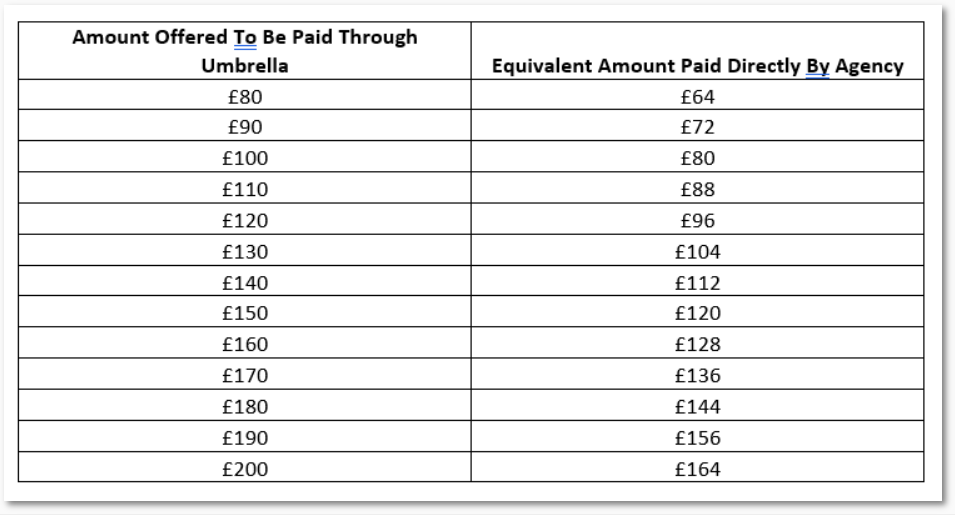
If you work directly with a school or through a local authority supply pool, then the wages you are quoted by your employer will be your gross pay: before income tax, National Insurance (NI) contributions and pension are removed. At the start of the tax year, you will be allocated a personal tax allowance (2021/22 = £12,570) which you can earn before paying tax. Most employers will spread this amount over the whole year, so that the benefit is uniform over the whole year. However, as a supply educator, you may not know which agency you will be working for the most at the start of the year. For this reason, you are able to split your personal tax allowance between as many employers as you think you will work for.
Contact the HMRC either by phone (0300 200 3300 or Textphone 0300 200 3319 for people who are deaf or hearing or speech impaired) or using their Digital Assistant and split your income tax coding between the employers you think you will work for the most (HMRC usually recommend a max. of 2/3 employers, which is sensible). You can change this at any time during the financial year for any of the tax allowance that has not yet been used.
If you work through an agency, then you can ask to be paid ‘directly’ by the agency. They should have a payroll system for paying their office staff and if you ask to be paid directly by the agency, then they should offer that option to you. Getting paid directly by an agency means that you would be paid in exactly the same way as if you were paid by the local authority, with only income tax, employee’s National Insurance (NI) contributions and pension deducted from your pay.
A number of supply agencies will suggest that you may like to be paid through an umbrella or payroll company. They may even offer you an incentive, an extra £10 or £20 a day uplift in your pay, to use the umbrella company. Though this may seem, initially, a good way to be paid (increasing your weekly wage by £50-£100), the downside is that there are extra deductions from your pay.
Most umbrella companies deduct a charge for processing your pay (between £3-5 per day, some cap the weekly amount at £10-15). They remove Employer’s NI (13.8%) as well as Employee’s NI, Employer's pension contributions (3%) and some even remove the Apprenticeship Levy as well (at 0.5%). All told, these extra deductions come out to around an extra 17.3% plus charges being removed from your wages per day (approximately 20% in total). Thus, if you were paid an extra £20 a day for using an umbrella company, then you will probably not be getting the same pay you would have received if paid directly. If the increase however was only £10 a day, then you will definitely be getting less pay in your bank once all of the deductions have been removed. So, best of all, say no to being paid through an umbrella company.
At the top of the page is a table to compare what you are offered to go through an umbrella company compared with the equivalent pay if paid directly. 20% has been deducted, to allow for the extra 17.3% deductions and the processing charge. It is an approximate guide, as all umbrella companies charge different amounts for processing your pay, but the 17.3% employer costs are set by the Government and are universal.



